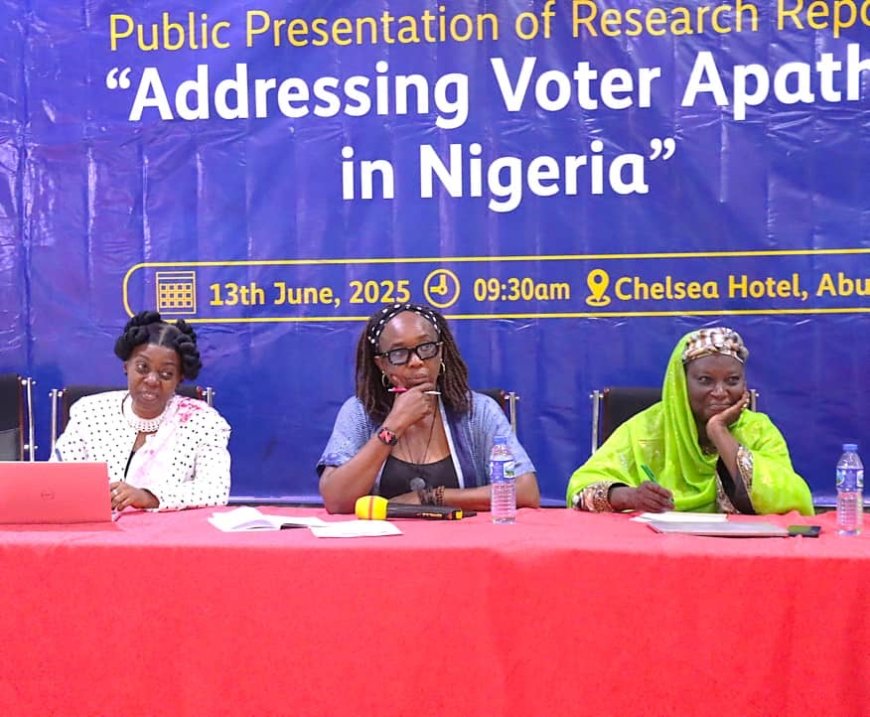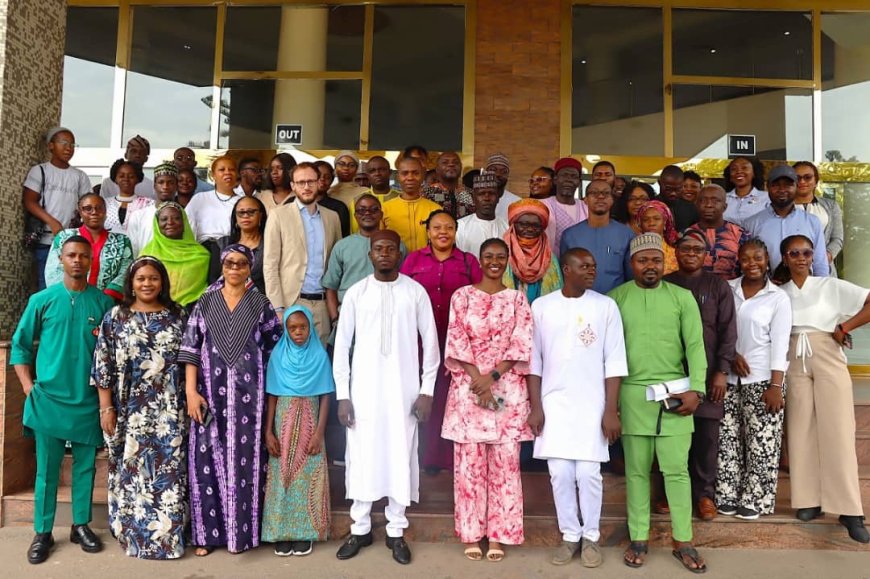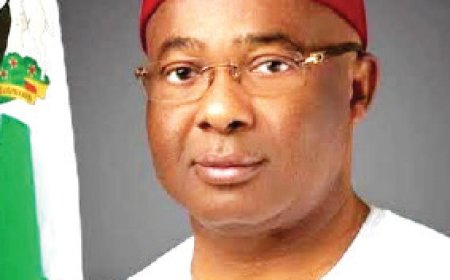On Friday June 13, the Friedrich Ebert Stiftung (FES), Nigeria, invited stake holders to witness the public presentation and discussion of findings of a research with the title: Addressing Voter Apathy in Nigeria. The essence of the research was to shed some light on the reasons behind the progressively low turn-out of voters at elections across the country.
The outcome of the research was released at a time Nigerian lawmakers were considering a bill to make voting compulsory for every voting-age adult in the country. Though the bill, jointly sponsored by House Speaker Tajudeen Abbas and Daniel Asama Ago, had passed through the second reading, it was, however withdrawn due to the public backlash it generated as it was said to have the capability of taking away individual freedom to vote, even as the promoters had argued that it would make the citizens to become more invested in voting.
That is where and why the research becomes very important as according to some of those who spoke at the public presentation which took place in Abuja, there are many reasons Nigerians are disengaging from voting in the country.
Top on the list is the perception by many that votes seemingly do not count in the electoral process. In adopting this view, they point to past elections where results that were contrary to what was witnessed at the polling units were declared, and so doing, invalidated the efforts - time, finance- they invested in the process.
While voter apathy addresses relationship between the generality of Nigerians who have reached the legal age of voting/and registered to vote, and the actual number that vote during elections, voter apathy is more prevalent among women, as it was revealed that men are more inclined to vote and are indeed, active recruiters of women during the elections.
The team of researchers was led by Prof Freedom Onuoha of the University of Nigeria, Nsukka, and it included Drs Chukwuma Okoli, Saheed Babajide, Anthony Okoye, and Olanrewaju Oladejo.
A two-woman team was also set up to specifically look into the issue of Gender and Voter. Made up of Adaora Osondu-Oti, a professor of International Relations and Diplomacy at the Institute of Gender Studies, Afe Babalola University, Ado Ekiti, who researched gender voter apathy in southern Nigeria, and Dr Fatima Adamu, a sociologist with expertise in gender, poverty and equity issues in Northern Nigeria, who looked at gender voter apathy in southern Nigeria, the team synthesized the data collected in the field research by the Professor Onuoha-led all-men team, and as well, collected new data to enable them come up with data-supported evidence of why women, especially, are disengaging from voting during elections.
Lack of interest in the process is a reason that explains why women are apathetic to voting, and this is irrespective of whether they are in the north or south of the country, and this begins at the point of the registration process. While there is less apathy in the south, specifically the south east and south west, the apathy is more defined among the elites, housewives and farmers.
These are compounded by the challenges of election violence, intimidation, societal pressure and biases the women have to contend with. In the area of gender bias, this comes in forms of religious, political parties and traditional. Notwithstanding, the researchers identified religious leaders as playing more important role in mobilising women for election. While the use of religious leaders to mobilise women to vote has been on the increase since 2023, the research revealed that this was spearheaded in 1979 by Sheikh Gumi.
Generally however, the research threw up the following as factors behind voting apathy in the country and they are location of the polling units/booths, preoccupation of women with domestic chores, lack of trust on the electoral body, low female representation in the political process, patriarchal dominance (identified in the south), technology, and lack of adequate assistive voting devices for people living with disabilities.
To address the challenge, the issue of insecurity which keeps people, especially women away from polling stations has to be addressed; gender-sensitive strategies for voting has to be promoted, and credible women have to be promoted for elective purposes to, according to some respondents, motivate them to want to go out and vote.
Present at the public presentation were the Resident Representative of Friedrich Ebert Stiftung, Nigeria, Lennart Oestergaard, programme manager Juliana Anosike, representatives from INEC, National Assembly, Plan International, Yiaga Africa, Alliance for Credible Elections (ACE), Journalism & Development Seminars Initiative, (JADES), and the Academia among others.




